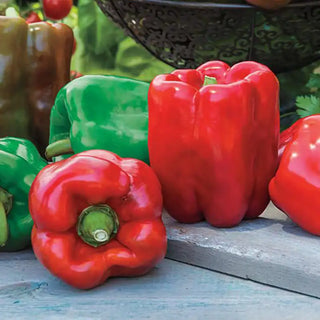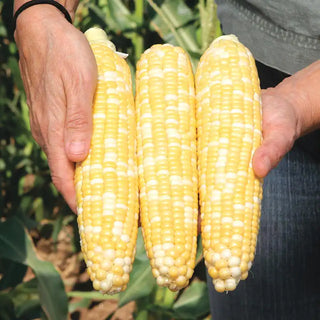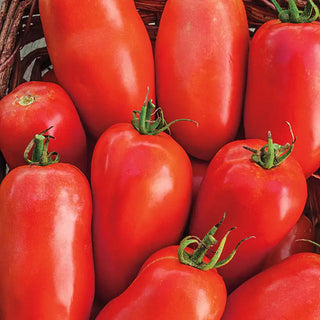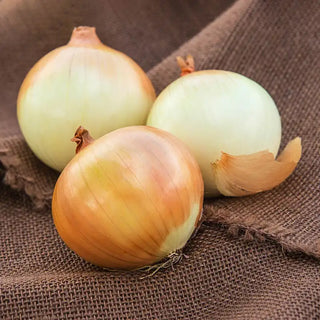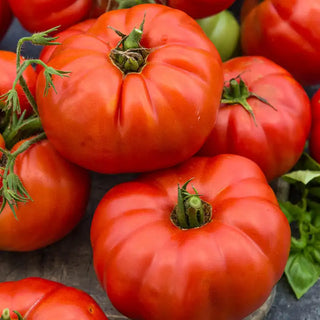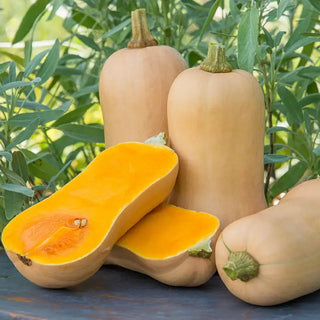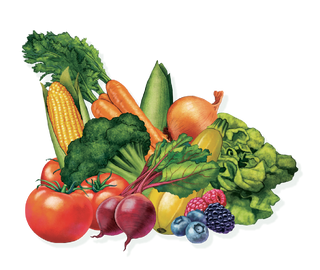At Gurney's you'll find a wide variety of vegetable seeds for sale, from classic favorites like tomatoes, cucumbers, and lettuce to more unique options such as heirloom varieties, Asian greens, and specialty beans. Our vegetable seeds are easy to grow, offering fresh, flavorful produce for your garden or containers.
How to Plant Vegetable Seeds
For most vegetables,start by preparing a seed tray or containers with nutrient-rich,well-draining soil.Sow the seeds at the recommended depth and spacing as indicated on the seed packet.Keep the soil consistently moist but not waterlogged and place the containers in a warm location with plenty of sunlight or under grow lights.Some seeds,like tomatoes and peppers,benefit from being started indoors 6-8 weeks before the last frost.Once the seedlings have developed a few sets of true leaves,transplant them to the garden or larger pots after hardening them off.
When to Start Vegetable Seeds Indoors?
Generally, vegetable seeds should be started indoors 6-8 weeks before the last expected frost date in your area.Vegetables like tomatoes, peppers,and eggplants thrive when started indoors and transplanted outdoors once the danger of frost has passed.Browse our collection of seed starting supplies here.
How Long Does It Take for Vegetable Seeds to Germinate?
The germination period for vegetable seeds varies by variety.Fast-growing vegetables like radishes or lettuce can germinate in just a few days,while slower-growing plants like peppers and tomatoes may take up to two weeks or more.Ensure consistent moisture and warmth for the best germination results.
Growing Healthy Vegetable Plants
To grow healthy vegetable plants,choose a sunny location with well-drained soil enriched with organic matter.Regular watering, mulching, and feeding with compost or balanced fertilizer will help your plants thrive.Remember to monitor for pests and diseases and take early action to protect your crops.Vegetables are relatively easy to grow,but they do require attention to their specific needs to produce the best harvest.
Common Pests and Diseases for Vegetable Plants
Many vegetables can be affected by pests like aphids, beetles, and caterpillars.Keeping your garden well-maintained and regularly inspecting your plants can help prevent infestations.Use organic pest control methods or chemical treatments as needed to manage any issues that arise.Additionally, practice crop rotation and good sanitation to minimize the risk of soil-borne diseases.
Why Grow Your Own Vegetables?
Growing your own vegetables is not only a great way to save money and eat healthier,but it's also a wonderful hobby that connects you to nature.From planting the seeds to harvesting the produce,every step offers a sense of accomplishment.Plus,homegrown vegetables often taste better and are more nutritious than store-bought options.With our selection of high-quality vegetable seeds,you can enjoy a bountiful garden that suits your taste and lifestyle.



